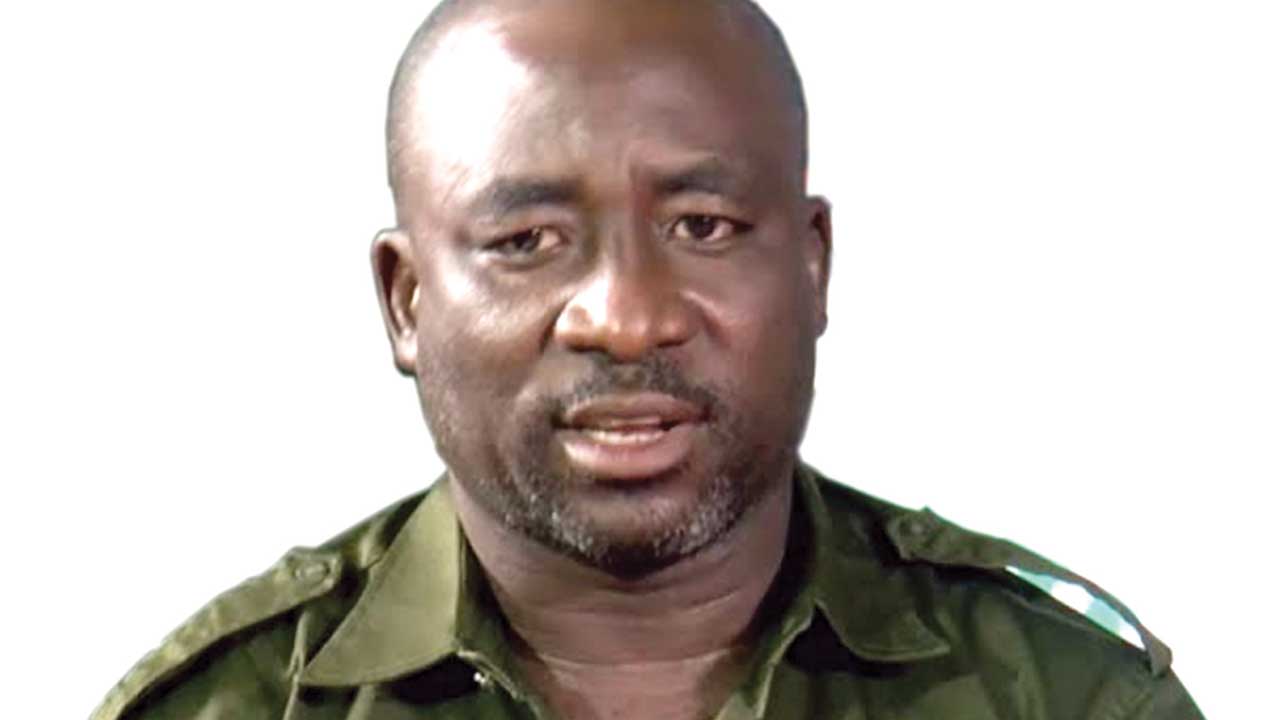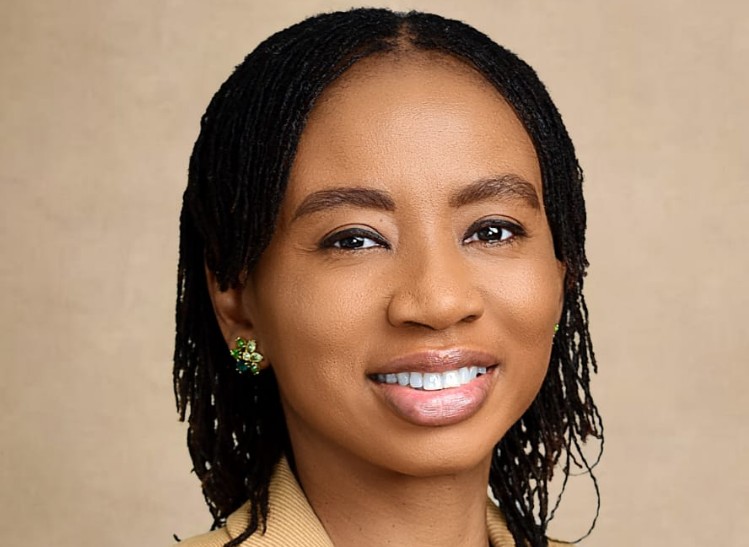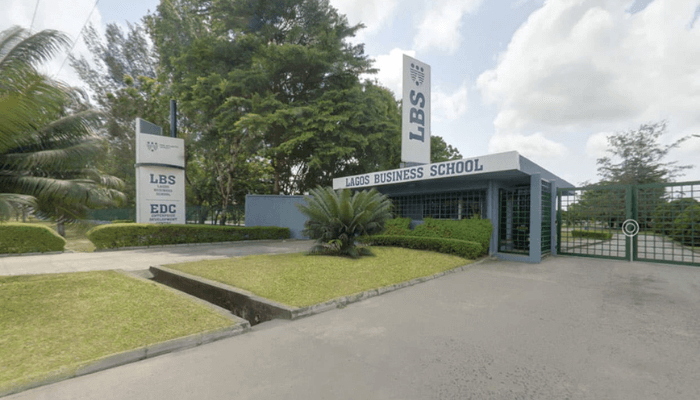
Innocent Ajiji is the President, Nigeria Union of Railway Workers (NUR). Ajiji, in a chat with journalists, talked about the union’s plans to resist moves by the government to privatise the railway sector. He also discussed issues of welfare. GLORIA NWAFOR was there.
The union in 2021 embarked on a three-day warning strike over alleged poor welfare and conditions of service. Have your salaries been increased and demands met?
We have made several agitations for review of salaries and allowances. In 2021, we went on three days of industrial action that lasted for two days after which the then Minister of Transportation, Rotimi Amaechi intervened and we suspended the strike. He went into action and secured an approval of 95 per cent salary increase for railway workers, but as we speak now, the approval is yet to be implemented.
When you take the pay slip of a Grade Level-5 worker in a railway that collects about N33, 000, by the time you deduct necessary taxes, the salary drops to N26,000. That is what railway workers have been collecting till date.
We have been to the National Assembly, Salaries and Wages Commission, as well as Budget and National Planning. All of them were asking for one document or the other, which we have provided, yet no salary increase has been effected. While we are hoping that something will be done soon, if nothing is done, however, we may have to go back to the strike we suspended in 2021. That is our position.
There are lots of allowances spelt out in our conditions of service that workers are supposed to benefit, but railway management are not paying, because those allowances are supposed to be paid based on the revenue generated. It is very obvious that we are not making money. What we are currently generating is not even enough to fuel the locomotives because of the high cost of diesel. That has made it impossible for railway management to pay the allowances that were spelt out in the standard conditions of service. We have demanded for a review as the last time a review was carried out was in 1982, but the law says it should be reviewed after every five years. The railway management has set up a committee, which the union was involved, and their report has been sent to the Ministry of Transport for approval, but it is yet to be addressed. This is part of what led us to industrial action in 2021.
The Federal Government is treating our matter with levity, but we have told them that this 2023 will not pass by without us achieving anything from our agitations.
What is also pulling us backward is the incessant attacks and accidents on the railway lines. That is a very strong blow on us, because when the Abuja-Kaduna train service was attacked in April last year, it made passenger service patronage, both in Lagos and Warri-Itakpe line, drop drastically. That further brought down our revenue generation. Before the attack, we were generating close to N500 million monthly but now, we can’t even generate up to N50 million. This is our fear and predicament.
What is the union’s take on government’s plan to unbundle the railway into four different sections?
For us, that is not true because from all indications, the government is thinking towards privatisation. When you check critically, there is no organisation that has been privatised in Nigeria that is working perfectly. Good examples are National Electric Power Authority (NEPA), now Power Holding Company of Nigeria (PHCN) and Nigerian Telecommunications Limited (NITEL). So, how do you now talk about railways that provide huge manpower and training for workers to be managed by an individual? That is not possible. It is the Federal Government that owns the nation’s security, owns the railway and everything, yet it cannot protect the rail line, workers and even our passengers. So, how can an individual protect all these? We have advised them not to try that, and if they do, there are terms and conditions recognised by law that must be met, of which we must come back to the drawing table and discuss it. But if they go behind us to unbundle the sector, we will resist it with our last blood. That is our position.
Can you explain the reasons why you cannot work with private organisations?
We cannot work with private organisations. Taking NEPA as a case study, it had about 66,000 workers when it was unbundled. But today, you will find out that NEPA is unbundled to so many quarters and so many people lost their jobs. That is what will also happen to the railway if unbundled. Leaving us to private individuals is like holding nothing in your hands, because they could wake up anyday and sack you. Our job security would be threatened. The investor would only be concerned about how to make profits, which solely would be by attacking the personnel cost index through reduction of staff strength.
Do you see accidents on the rail lines as sabotage or is it that the equipment is obsolete?
Not at all. Accidents on rails could be due to wear and tear of the tracks or due to soil formation. Our trains run between 140km to 150km per hour. Even as maintenance is carried out, there are places you might not detect that something could happen. Our standard gauges are brand new and serve us well. The tracks are also new.
On the issue of the minimum wage, how much are you proposing, even as the union is already in talks with the government on standard conditions of service?
We wouldn’t mind if they pay us what they pay the Nigerian Maritime Administration and Safety Agency (NIMASA) and Nigerian Ports Authority (NPA) workers. It will interest you to know that NIMASA is under the same Ministry of Transport, which we are also in. Find out about their salaries. Even cleaner in NIMASA cannot collect the salary of Grade Level-14 worker at Nigerian Railway Corporation (NRC); you can see the disparity. We have demanded that they should equate us with other parastatals that are under the same Ministry of Transport.
We are equally a revenue generating entity. We can only say they generate more revenue in foreign currency. For us, we can equally generate and pay ourselves if the government does what it is supposed to do. We have a narrow gauge that runs across states in Nigeria, but, as we speak, there is no single locomotive running on the narrow gauge. Government has abandoned the narrow gauge. For the past 20 years, the government has not purchased any new locomotive for the narrow gauge, which has wider coverage. Government only focused on standard gauge, which does not cover up to 1,000km and Nigerians believe the railway was back to life. That is not true. From Lagos to Ibadan is 140km, Abuja to Kaduna is 145km, the only longest distance is from Warri to Itakpe, which is close to 300km. But the narrow gauge covers 4,875km that transits across almost all the states. Imagine if we have a fleet of trains running on that narrow gauge, we will make even more money than NIMASA.
One of the challenges we are having now is theft of our tracks. If you go to the narrow gauge, you’ll see up to 4km of rail tracks taken away by thieves. It is because trains are not running. Government has not helped our organisation to generate more revenue. Railway is now becoming a place of misfortune and it is not that the government doesn’t know, but because they are playing politics. In saner climes, we have railways existing as an autonomous body with a direct line of budgetary appropriation and the investment cannot be equated with any other transport concern. For you to run a train, you must own a track, which makes it peculiar from others. The only way to go about it is to make the Nigerian railway system go autonomous and let it still remain as a public transport, and not a place of misfortune. Railway made its last profit in 1964 and now that we are gravitating from narrow gauge to standard gauge, the effect cannot really be felt without significant contribution of the narrow gauge, because the bulk of the ones it passes are existing corridors. Though standard gauge is modern, which appeals to present day modes of transportation, it doesn’t mean abandoning the narrow gauge, which has given room to pilfering and vandalisation of tracks. The best thing the government can do is single out railways as an autonomous entity, with a line of salary regime that will be independent of any challenge impeding development.
How can Nigeria achieve a viable railway system?
Very simple. Government should buy 1,000 locomotives for the narrow gauge, 2,000 coaches and 2,000 wagons. By now every state capital and major cities are supposed to be connected to the rail line. These will make our roads last longer, because our trains can carry over 100 trailers and tankers at a time.





